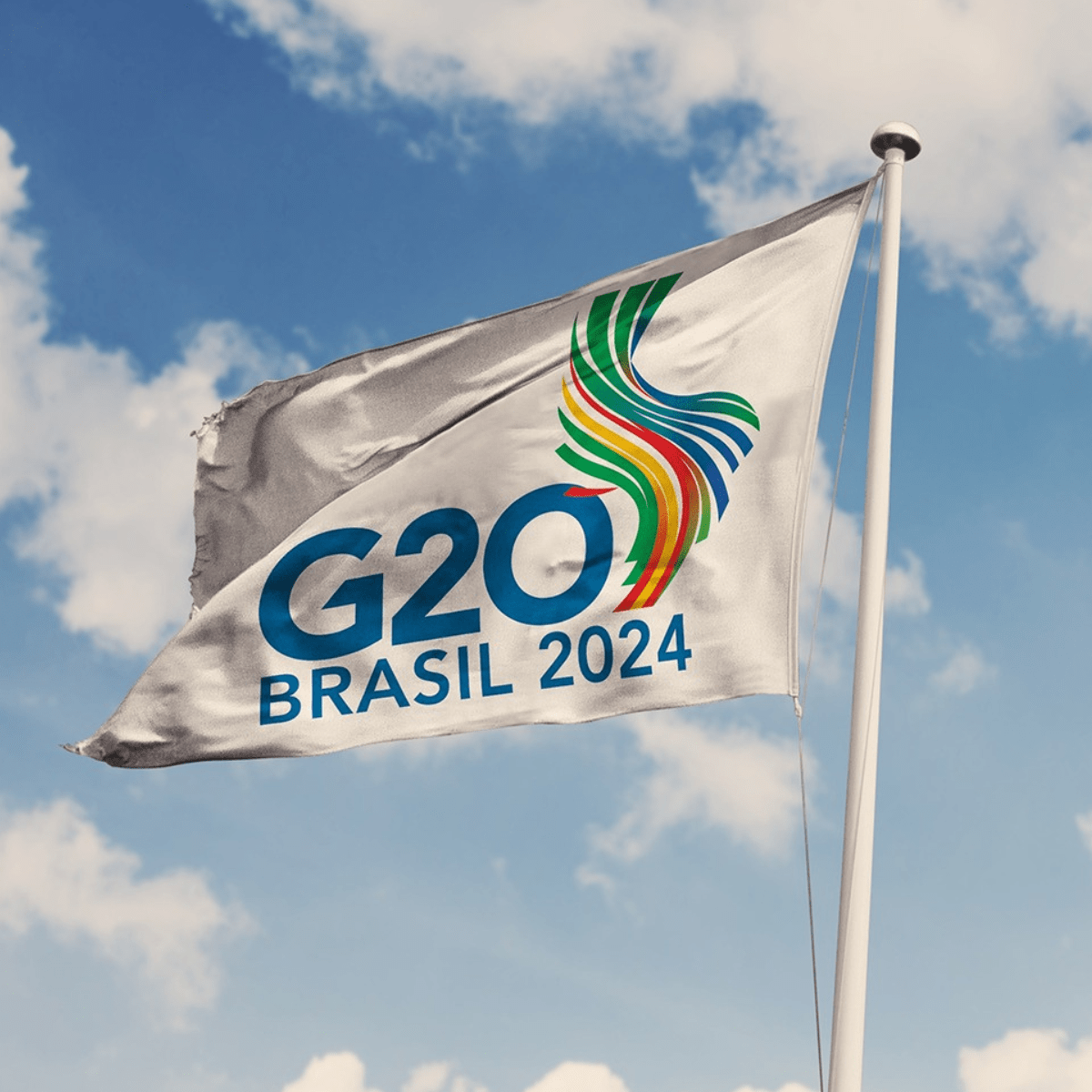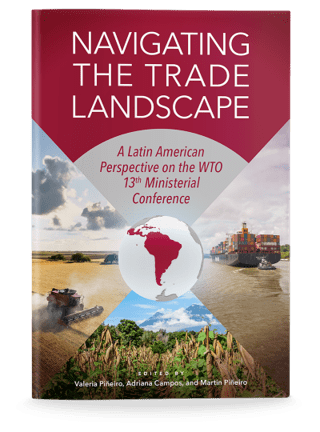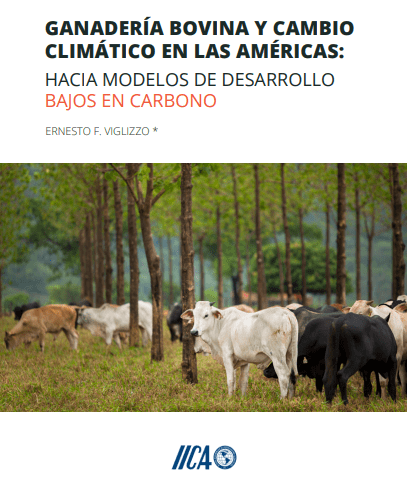The G20 meeting to be held this year in Brazil is in the process of receiving contributions from both the think tank groups (T20) and business institutions (B20).
In this context, members of GPS have participated, together with other institutions, in the preparation of documents and proposals.
Within the framework of the T20, four proposals, with the participation of GPS members, were accepted. They all focus on the relationship between food security, international trade, and sustainability of production systems, as a contribution to solving the problems posed by climate change.

The first document highlights the importance of an equitable and balanced trade system in a context where food security is at risk and is aggravated by the consequences of climate change. This is particularly true for developing countries that, with limited resources, must achieve sustainable production that must now additionally integrate biodiversity conservation and emissions reduction. Imbalances between food production and consumption lead to increased dependence on imports, highlighting the need for strategic food trade to contribute to more stable global food systems. These issues, as well as the opportunities that agri-food trade offers to reform environmentally harmful production methods, highlight the strategic link between sustainability, trade and food security.
A second paper concerns issues of food labeling and quality assurance. Considering that more than a fifth of all food consumed worldwide is imported, the global interdependence of agri-food systems requires that countries work together on greater harmonization of labeling systems that provide reliable information to the consumer without generating confusion.
A third document refers to the scope of the standards that are being implemented in some markets that, by not considering the diversity of production systems, become barriers to agricultural trade, without a scientific basis and in collision with the regulations of the WTO, and generate distorting effects on international trade, with evident negative effects on food security.
Finally, the fourth work focuses on the role of new environmental regulations unilaterally defined by some countries (for example the EU Deforestation Regulation), which seek to address global environmental problems, and their potential distorting effect on trade, which most strongly affects not only developing and least developed countries but also vulnerable social groups, such as small farmers. This can have detrimental effects on economic growth, human development and integration within the global trading system. The work makes a series of contributions and suggestions to promote fair and equitable trade that considers climate change and agri-food systems, assuring the participation of both developing and less advanced countries.

Likewise, within the framework of the B20, members of GPS network participate in the Investment and Trade and Sustainable Food Systems task forces. Both groups are in the process of consultations among participants to receive contributions for the development of the final documents with policy suggestions from the business sector for the decisions that will be made at the G20.



